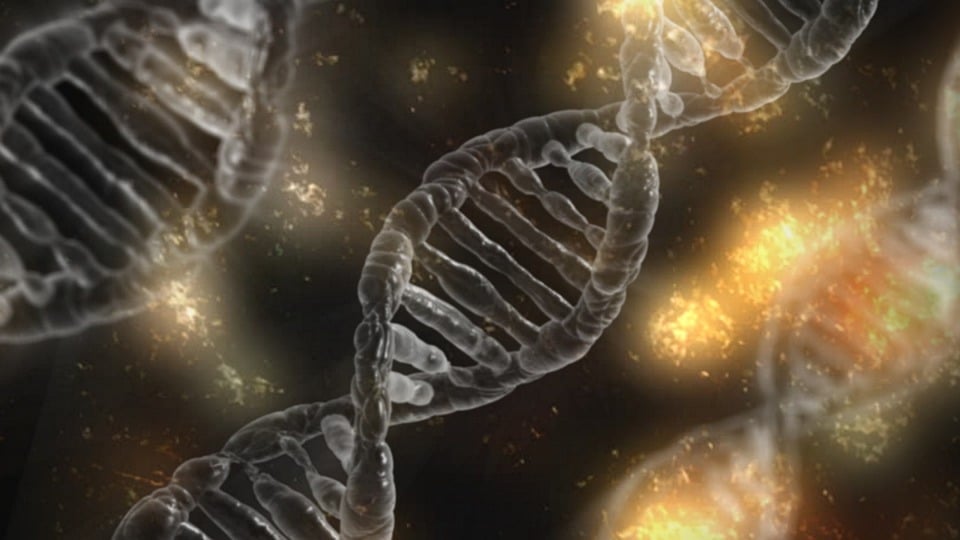
A groundbreaking study published today in Nature Genetics has unveiled the largest genetic map of human metabolism to date, offering unprecedented insights into how our genetic makeup influences health and disease. The research, leveraging data from the UK Biobank, highlights the significant role of metabolites and sets the stage for future scientific exploration.
Human metabolism varies significantly from individual to individual, and understanding the extent to which genetics contribute to these differences has been a longstanding challenge. By analyzing data from half a million participants, the study’s authors explored the impact of genetic variation on blood levels of 250 small molecules, including lipids and amino acids, which are crucial for heart health.
Unveiling the Genetic Blueprint of Metabolism
This extensive research was conducted by a collaborative team from the Berlin Institute of Health @ Charité (BIH) and Queen Mary University of London. By integrating large-scale genetic data from diverse populations, including European, African, and Asian individuals residing in the UK, with detailed metabolomic measurements, the researchers systematically identified genes that contribute to human metabolism.
The findings revealed that genetic control of metabolites is remarkably consistent across different ancestries and between genders. This suggests that the study’s conclusions are broadly applicable, providing new insights into metabolic pathways and human health. Notably, the research identified genes with previously unknown roles in metabolism, paving the way for novel therapeutic interventions.
Genetic Insights into Disease Predisposition
The study also shed light on genes associated with metabolism that predispose individuals to certain diseases. It demonstrated that genetic control of blood metabolites overlaps with disease pathways, underscoring the importance of these metabolites in health and disease. For instance, the researchers identified a gene called VEGFA, which may influence HDL cholesterol levels, offering potential for developing new heart disease treatments.
“We are now able to map systematically the genetic control of hundreds of blood molecules, at unprecedented scale. This provides a powerful reference to understand disease risk and identify genes that contribute to variability in metabolism,” said lead author Martijn Zoodsma, a postdoctoral researcher at the BIH in Berlin.
The Role of Biobanks in Genetic Research
This monumental study was made possible by the emergence of biobanks worldwide. The UK Biobank, which recruited half a million individuals from diverse backgrounds, provided a rich dataset of genetic information, lifestyle, and health variables. This extensive resource enabled the researchers to conduct comprehensive analyses, incorporating as many participants as possible.
While genetics play a significant role, the authors emphasize that metabolism is influenced by modifiable factors such as lifestyle, diet, and exercise. These elements are crucial for maintaining a healthy life and should not be underestimated.
Expert Perspectives and Future Implications
Senior author Maik Pietzner, Professor for Health Data Modelling at BIH and Queen Mary’s Precision Health University Research Institute (PHURI), highlighted the potential impact of the study’s findings. “The development of blood lipid-lowering medications, such as statins, has saved numerous lives, but heart diseases remain the major killer. Our results highlight potential avenues that will hopefully lead to new medicines to prevent even more deaths from lipid plaques building in people’s arteries,” he noted.
Claudia Langenberg, director of Queen Mary’s PHURI and head of the Computational Medicine group at the BIH, emphasized the significance of academic-industry partnerships in achieving such breakthroughs. “Our study is a powerful demonstration of what can be achieved through academic-industry science partnerships. Nightingale Health’s technology has measured blood lipids and metabolites in the full UK Biobank cohort of 500,000 samples. This is the scale and commitment needed to robustly identify rare genetic variation underlying differences in human metabolism and health,” she stated.
“Martijn’s work using these data has also revealed strong similarities between different ancestries or sexes of how our genes shape our metabolic individuality – a reminder that we are all human, and have much in common,” Langenberg added.
Looking Ahead: The Future of Metabolic Research
The implications of this study are vast, providing a foundational blueprint for future research into genetic influences on metabolism. As scientists continue to explore these pathways, the potential for developing targeted therapies and personalized medicine becomes increasingly promising.
As the scientific community builds upon these findings, the hope is to unlock further secrets of human metabolism, ultimately leading to improved health outcomes and a deeper understanding of the intricate dance between our genes and our health.







